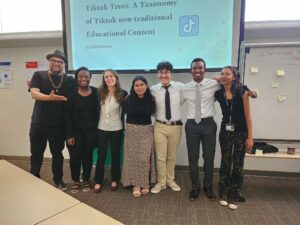Teenage BIPOC Readers of Manga: Librarians Learning from Teens of Color
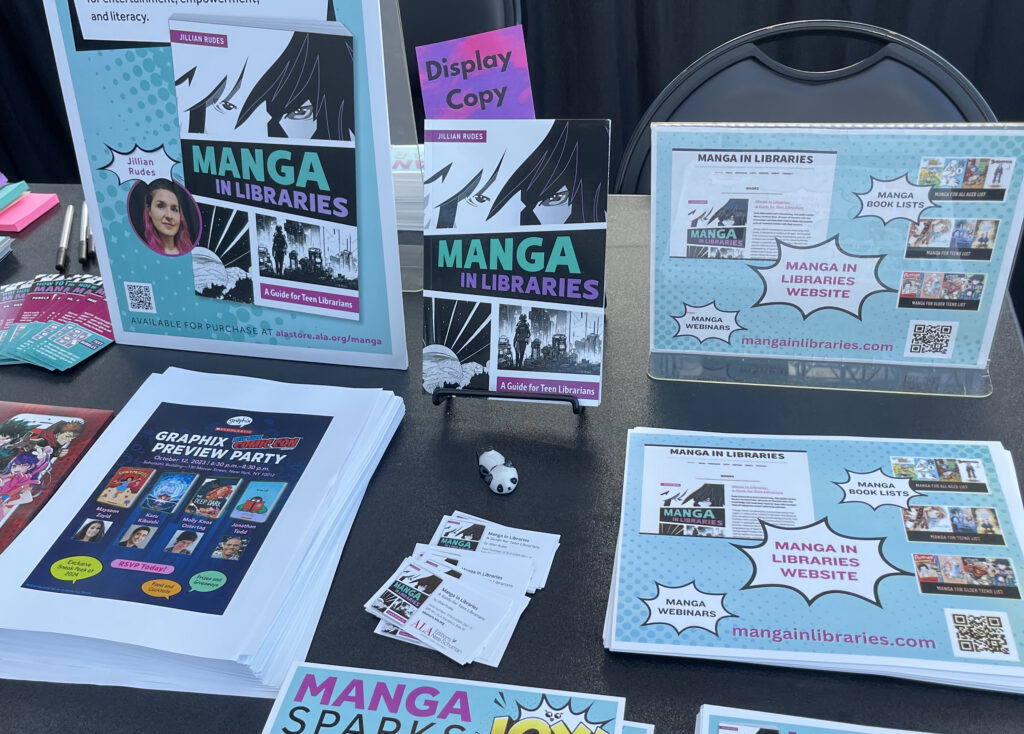
In this project we are exploring the reading habits of BIPOC (Black, Indigenous, and People of Color) teens and their interest in manga. This study is made possible through the generous funding provided by the Institute of Museum and Library Services (IMLS). Our goal is to shed light on the reasons behind the growing popularity of manga among BIPOC youth. Manga, a style of Japanese comic books and graphic novels, has gained immense popularity globally, captivating diverse audiences of all ages. However, within this surge in popularity, we’ve noticed a significant trend—BIPOC teens have shown a particular affinity for manga. This observation is what prompted us to delve deeper into understanding the underlying reasons and motivations behind this trend.
Built-In Belonging: Scaling and Fostering Inclusive Communities
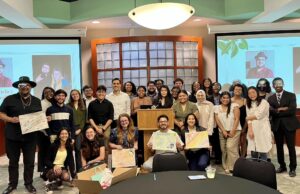
The iSchool Inclusion Institute (i3) is an undergraduate research and leadership development program that prepares students from underrepresented populations for graduate study and careers in the information sciences. Generously funded by the Andrew Mellon Foundation since 2009 for over $3.21 million. 25 students from across the country are selected each year to become i3 Scholars. Those students undertake a yearlong experience that includes two summer institutes hosted by the University of Texas at Austin’s iSchool and a research project spanning the year. The current research project is funded by the Institute of Museum and Library Services.
MakeSTEAM
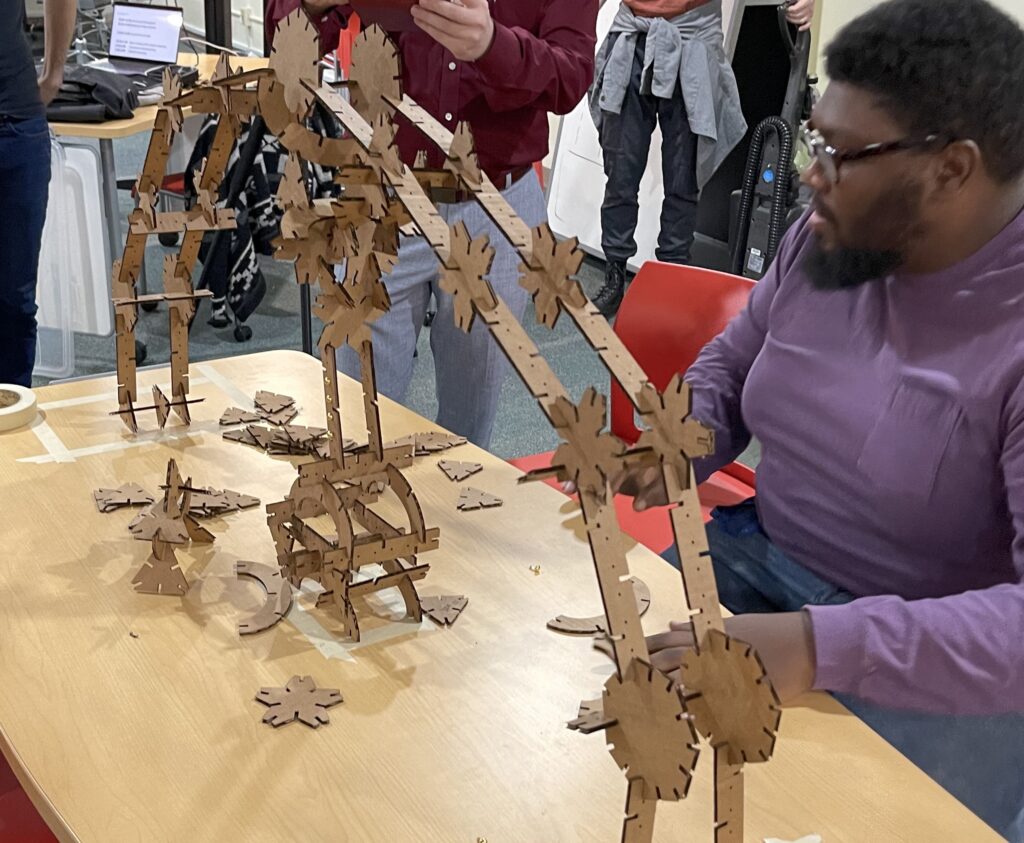
How do we interest and retain more—and more diverse—students in science and technology at the Baccalaureate level? This project (funded by the National Science Foundation for $1,499,663) develops general education courses that feature making and design thinking, weaving state-of-the- art expertise in informal learning into the undergraduate curriculum at a minority-serving institution in New York City. The project’s partners—Queens College and the New York Hall of Science (NYSCI) —are sited within 3 miles of each other in the heart of the Borough of Queens, in a community with the highest levels of diversity in the contiguous United States. The partners complement each other in expertise in formal (QC) and informal (NYSCI) science education.
Integrating Computational Thinking into LIS Youth Services Courses.

This project is sponsored by the Institute of Museum and Library Services ($150,000). Dr. Joe Sanchez (Queens College) and Dr. Jennifer Moore (University of North Texas) are teaming up to bridge the gap between computer science and library studies. We believe that computational thinking (CT) isn’t just for coders – it’s a crucial skill that can benefit everyone in their daily lives, careers, and education. Our goal is to create a space where librarians, educators, and experts from various fields can collaborate to integrate CT into library youth services courses.
Exploring the Role of Librarians in Providing Social-Emotional Support to Teenagers
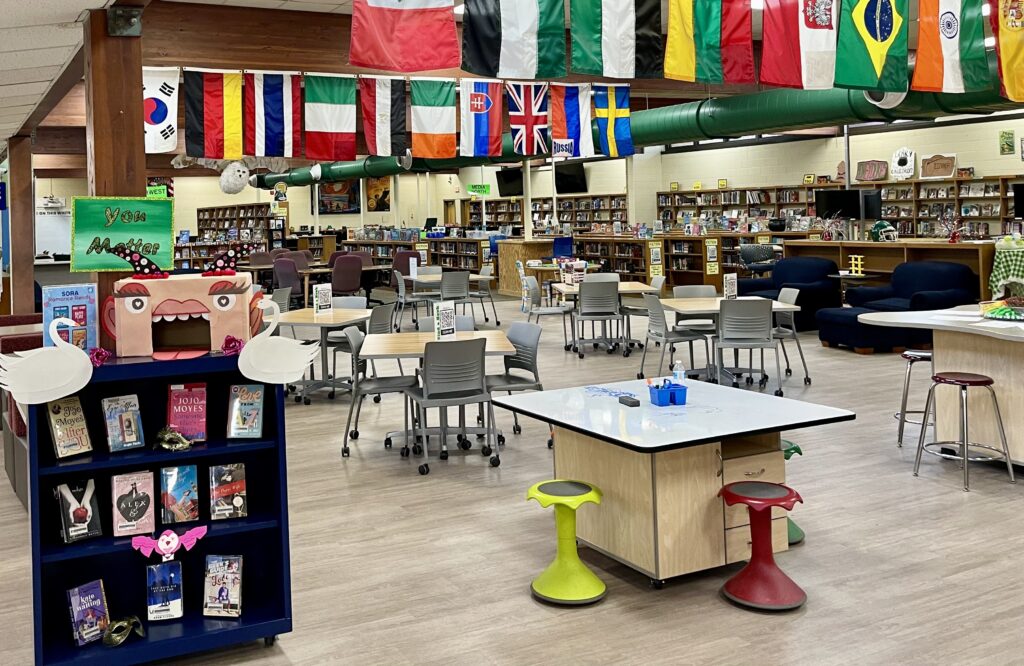
This study aims to uncover the important but often overlooked role that librarians play in providing social-emotional support to teenagers. As mental health challenges among adolescents rise, libraries are crucial spaces not just for learning, but also for emotional support and comfort. The insights gained from this study will help improve how libraries support teenagers. By understanding the role of librarians in offering social-emotional support, we can develop better policies and practices to enhance this aspect of library services. Our ultimate goal is to ensure libraries can act as safe havens where teenagers can build resilience, emotional intelligence, and overall well-being, enriching their educational experience and personal development.
Informal Learning in TikTok
